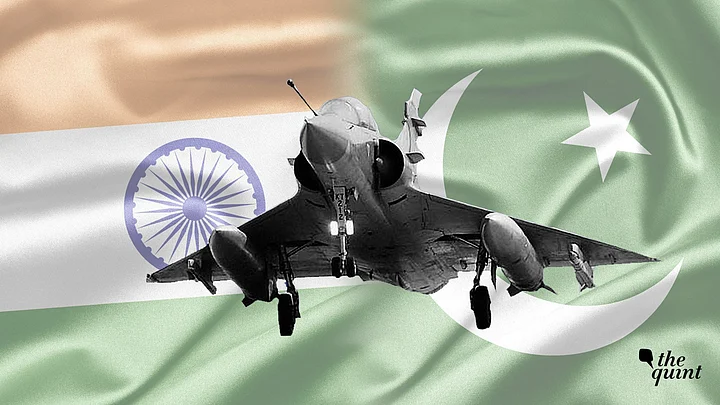India, under Prime Minister Narendra Modi, is more likely to respond to any real or perceived provocations of Pakistan, militarily, now more than any time in the past, an annual threat assessment report by the US intelligence community told the US Congress.
The report released by the Office of Director of National Intelligence (ODNI) said that the crisis between India and Pakistan was of particular concern "because of the risk – however low – of an escalatory cycle between two nuclear-armed states."
"Pakistan has a long history of supporting anti-India militant groups; under the leadership of Prime Minister Narendra Modi, India is more likely than in the past to respond with military force to perceived or real Pakistani provocations, and each side’s perception of heightened tensions raises the risk of conflict, with violent unrest in Kashmir or a militant attack in India being potential flashpoints," the ODNI report said.
According to the report, relations between New Delhi and Beijing will also remain strained in the wake of the lethal clash in 2020, the most serious in decades.
"We assess that the expanded military postures by both India and China along the disputed border elevate the risk of armed confrontation between two nuclear powers that might involve direct threats to US persons and interests and calls for US intervention. Previous standoffs have demonstrated that persistent low-level friction on the Line of Actual Control (LAC) has the potential to escalate swiftly," the report noted.
(At The Quint, we question everything. Play an active role in shaping our journalism by becoming a member today.)
